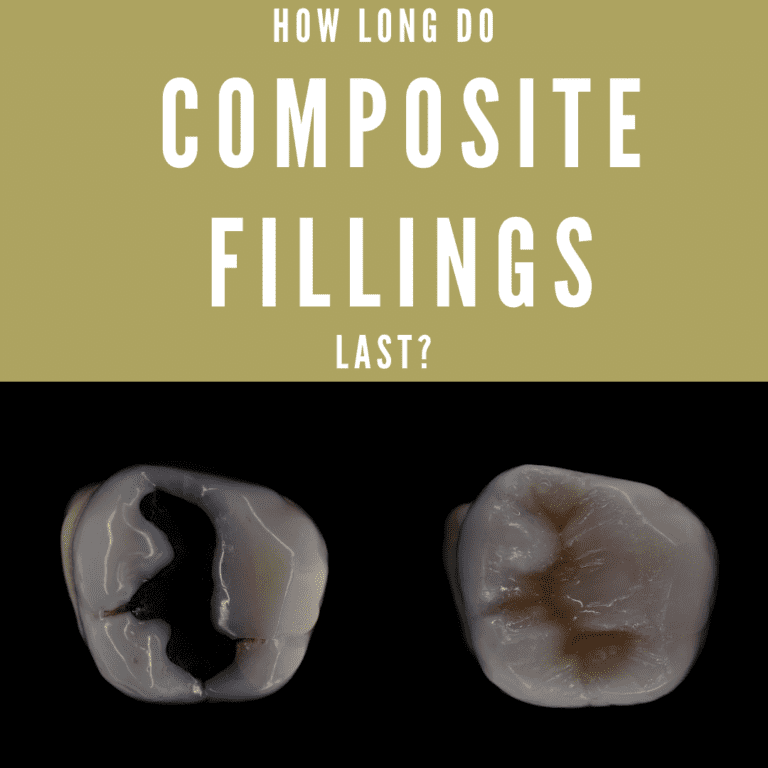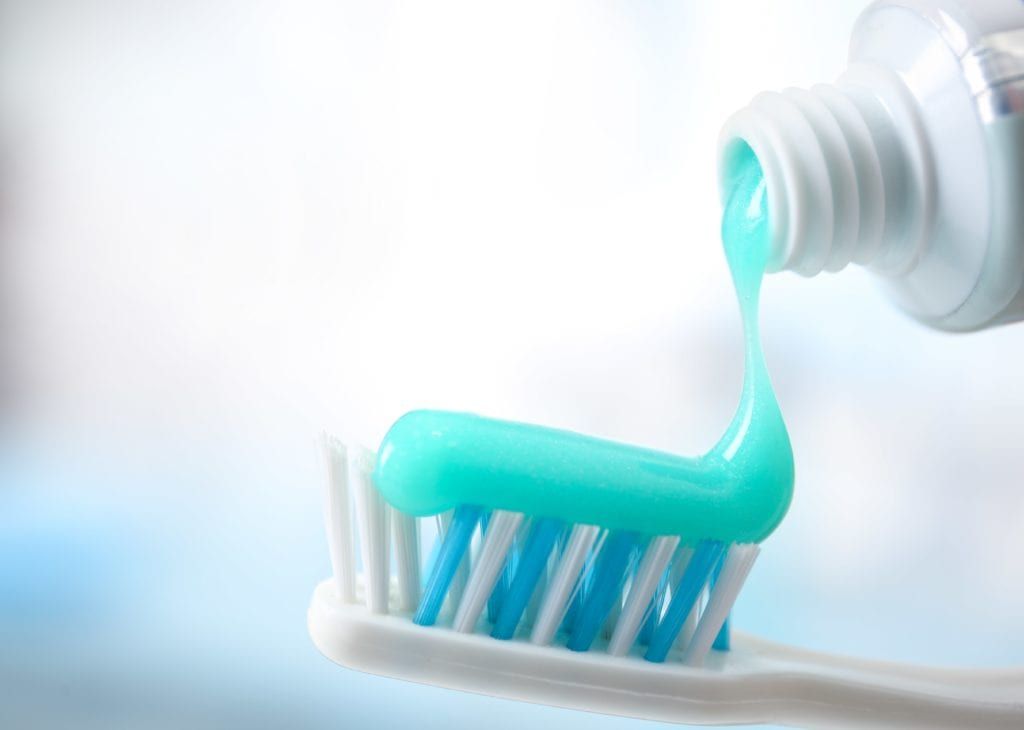How Long Do Composite Fillings Last?

Nowadays if you need a filling to treat a cavity, your local dentist is likely to recommend composite fillings. Composite fillings are metal-free dental fillings made from a mixture of plastic and glass. They are made from a dental material known as composite resin, which can be customized to blend in with your natural tooth color.
Composite resin is also able to adhere easily to the enamel, which means less of the natural tooth structure needs to be removed for the placement of a composite filling. Once in place, composite fillings will also not corrode or expand like metal fillings can. Although they have a shorter lifespan than amalgam (metal) fillings, composite fillings will last about 5-7 years.
However, the lifespan of a composite filling is determined by factors such as:
- The location in the mouth
- Oral hygiene habits
- Diet
- The occurrence of bruxism
Location in the Mouth
Composite fillings can be used to fill cavities in various places throughout the mouth. However, the location of the filling can affect its lifespan. For example, composite fillings that are placed on the tops of molars are exposed to significantly more wear and tear than those that are applied in between teeth. Therefore, certain composite fillings may wear out faster and require replacement sooner.

Oral Hygiene Habits
Oral hygiene habits also play a role in how long composite fillings last. Composite fillings are more likely to stay firmly adhered to healthy enamel and surrounding areas of decay can cause issues. To avoid potential damage to the filling or decay around the filling, regular brushing and flossing are required. Brushing twice a day and flossing once a day decrease the amount of bacteria in the mouth and reduce the risk of developing decay.

Diet
While composite fillings are durable, there are certain foods that can cause them to wear down faster or even become damaged. It is encouraged to avoid foods that are excessively hard or chewy to preserve your composite filling. Some things to watch out for include hard candies, dried fruits, gummy foods, nuts, and ice. Even if these foods don’t immediately damage the filling, constantly eating them can cause the filling to wear down faster.
Bruxism
Bruxism is the dental term for teeth grinding or clenching. Teeth grinding is a side to side movement that rubs the top and bottom teeth against one another. Clenching is biting excessively hard so the top and bottom teeth are under constant strain. Both behaviors often occur at night when you are unaware and can damage both your natural teeth and composite fillings. If your dentist notices signs of bruxism, they may recommend you wear a night guard to prevent your teeth from becoming damaged. Night guards can also protect your composite filling and prevent it from premature damage or wear.
Overall, the average lifespan of a composite filling is about 5-7 years. However, this lifespan is not absolute and can be negatively or positively affected by the location of the filling, oral hygiene, diet, and the presence of bruxism. If you are having a composite filling placed, it is important to discuss these factors with your local dentist.

Dr. John Batlle attended the UF College of Dentistry where he received his Doctor of Dental Medicine degree in 1983. After graduating, he worked for the State of Florida and received his commission in the Navy Reserve Dental Corps. He was deployed to Guantanamo Bay, Cuba in 2002 where he served as the dentist for Detainee Operations and Navy Hospital GTMO. He recently retired from the U.S. Navy Reserve after 26 years of service.

